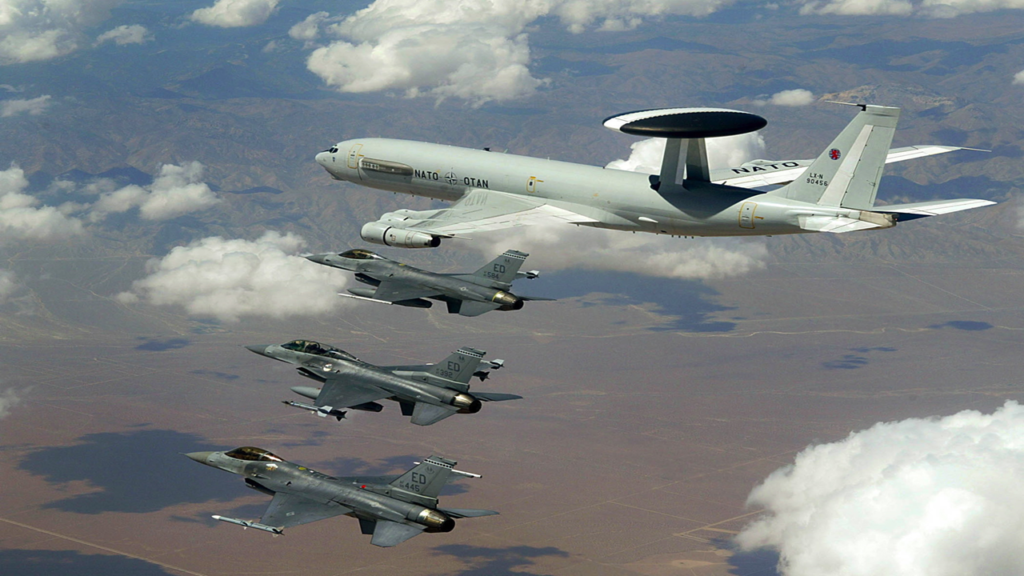
Vilnius, Lithuania – The Group of Seven (G7) coalition unveiled a comprehensive long-term security framework for Ukraine on Wednesday, expressing their commitment to supporting Ukraine’s progress towards NATO membership. The announcement came during the 2023 NATO Summit in Vilnius, Lithuania, with the G7 leaders emphasizing their dedication to a free, independent, democratic, and sovereign Ukraine within its recognized borders.
In a joint declaration of support, the G7 condemned Russia’s illegal invasion of Ukraine as a threat to international peace and security, a flagrant violation of international law, and contrary to their own security interests. The coalition pledged to stand with Ukraine in defending itself against Russian aggression for as long as necessary.
The G7’s security framework for Ukraine aims to implement a reform agenda that will foster good governance and help Ukraine advance toward its Euro-Atlantic aspirations. British Prime Minister Rishi Sunak emphasized that supporting Ukraine’s progress on the path to NATO membership, along with multilateral and bilateral agreements and overwhelming NATO member support, will send a strong signal to President Putin and contribute to restoring peace in Europe.
However, the G7’s intentions to provide security guarantees to Ukraine have been met with criticism from Russia. Kremlin spokesperson Dmitry Peskov described the G7’s actions as “erroneous and dangerous,” suggesting they jeopardize Russia’s safety.
The G7’s announcement followed NATO’s failure to extend an invitation to Ukraine to join the military alliance, as hinted by Secretary-General Jens Stoltenberg. The NATO communique issued on Tuesday emphasized the need for Allies to agree and specific conditions to be met before extending the invitation. The communique also highlighted the creation of the NATO-Ukraine Council, where Ukraine and its allies will have equal standing in decision-making and consultations.
Ukrainian President Volodymyr Zelenskyy expressed frustration over the lack of a timeline for Ukraine’s NATO membership, describing it as “unprecedented and absurd.” However, during a joint press conference with Stoltenberg, Zelenskyy acknowledged that Ukraine’s NATO membership was contingent upon the resolution of the ongoing conflict and emphasized the importance of security guarantees in the interim.
Zelenskyy’s conciliatory approach reflects Ukraine’s understanding that it cannot become a NATO member while the war continues. He recognized the need to avoid a world war and expressed optimism about the prospect of a security framework for Ukraine.
As the G7 reveals its long-term security framework for Ukraine, it aims to provide substantial support to Ukraine and create a stable environment that fosters its Euro-Atlantic aspirations. The G7’s commitment, coupled with ongoing efforts to resolve the conflict and deter Russian aggression, holds the promise of a brighter and more secure future for Ukraine.
